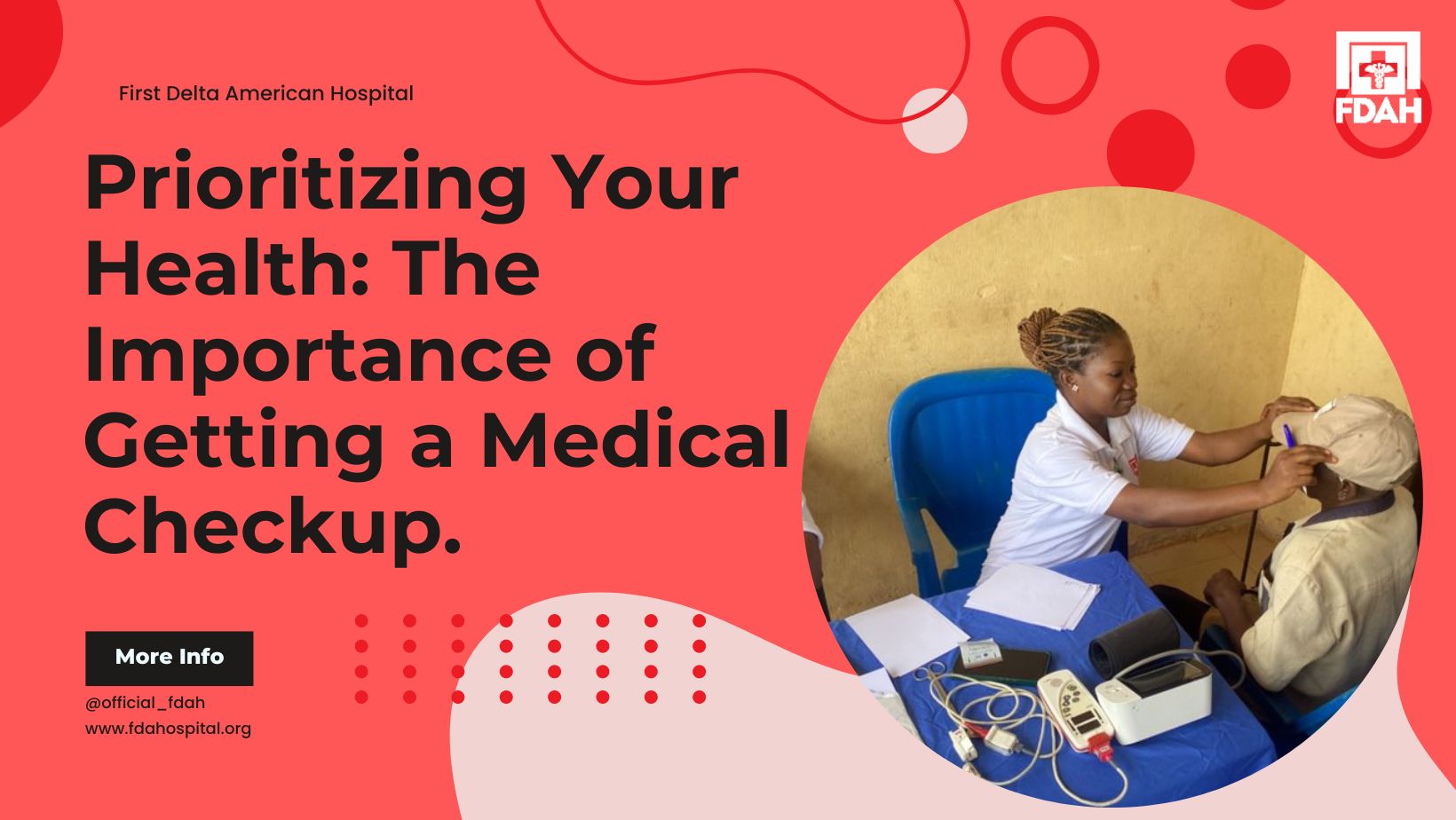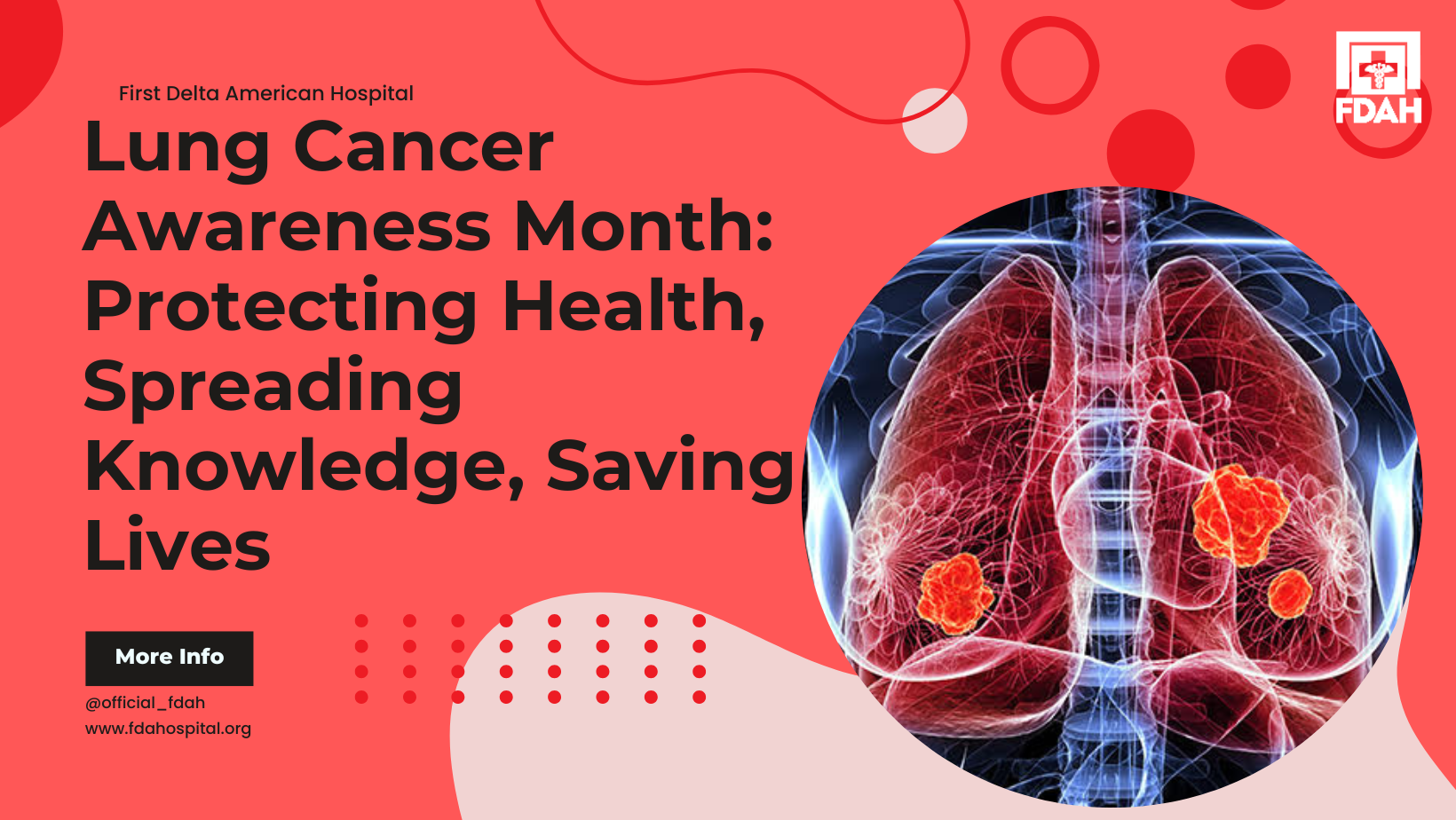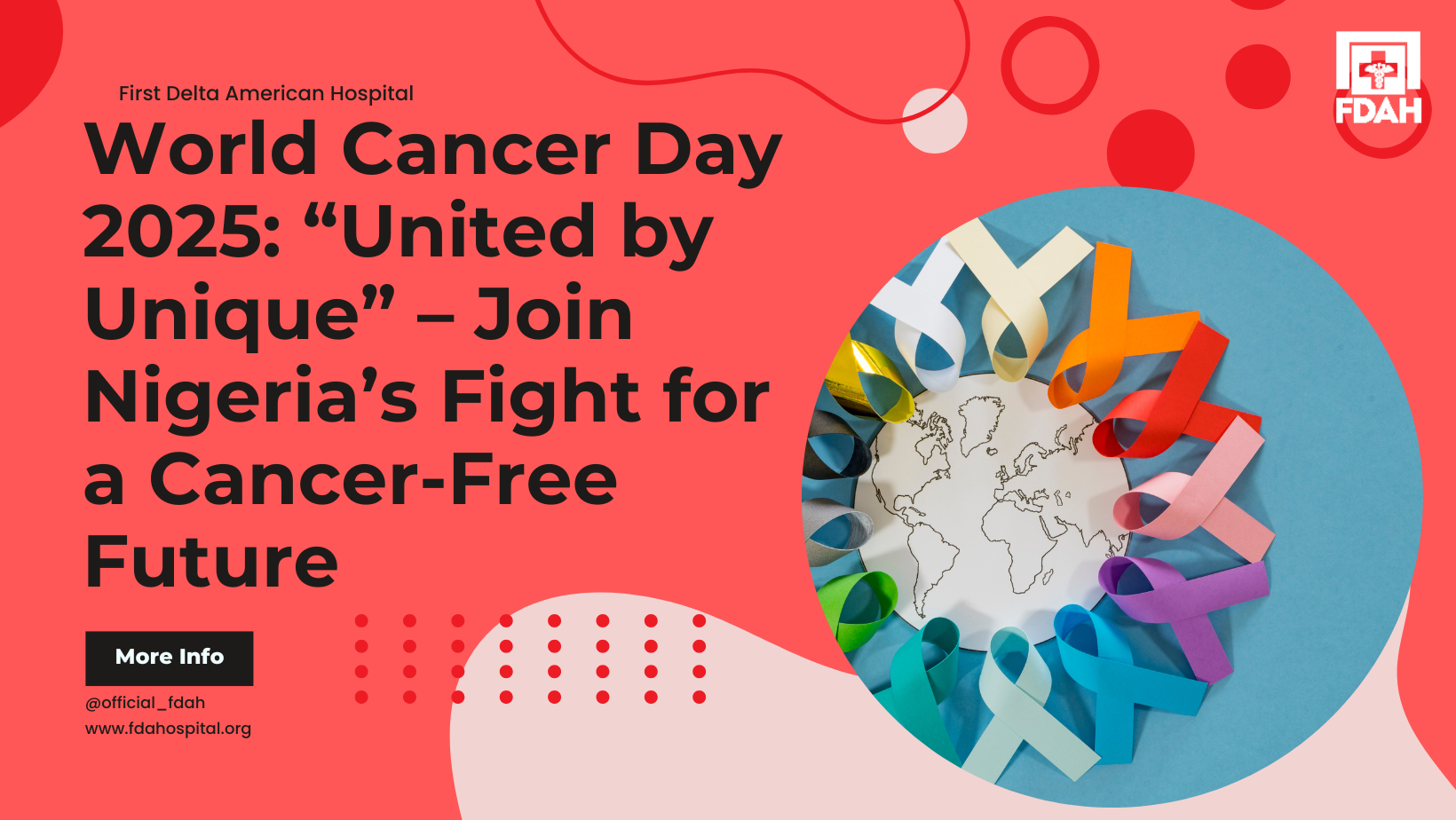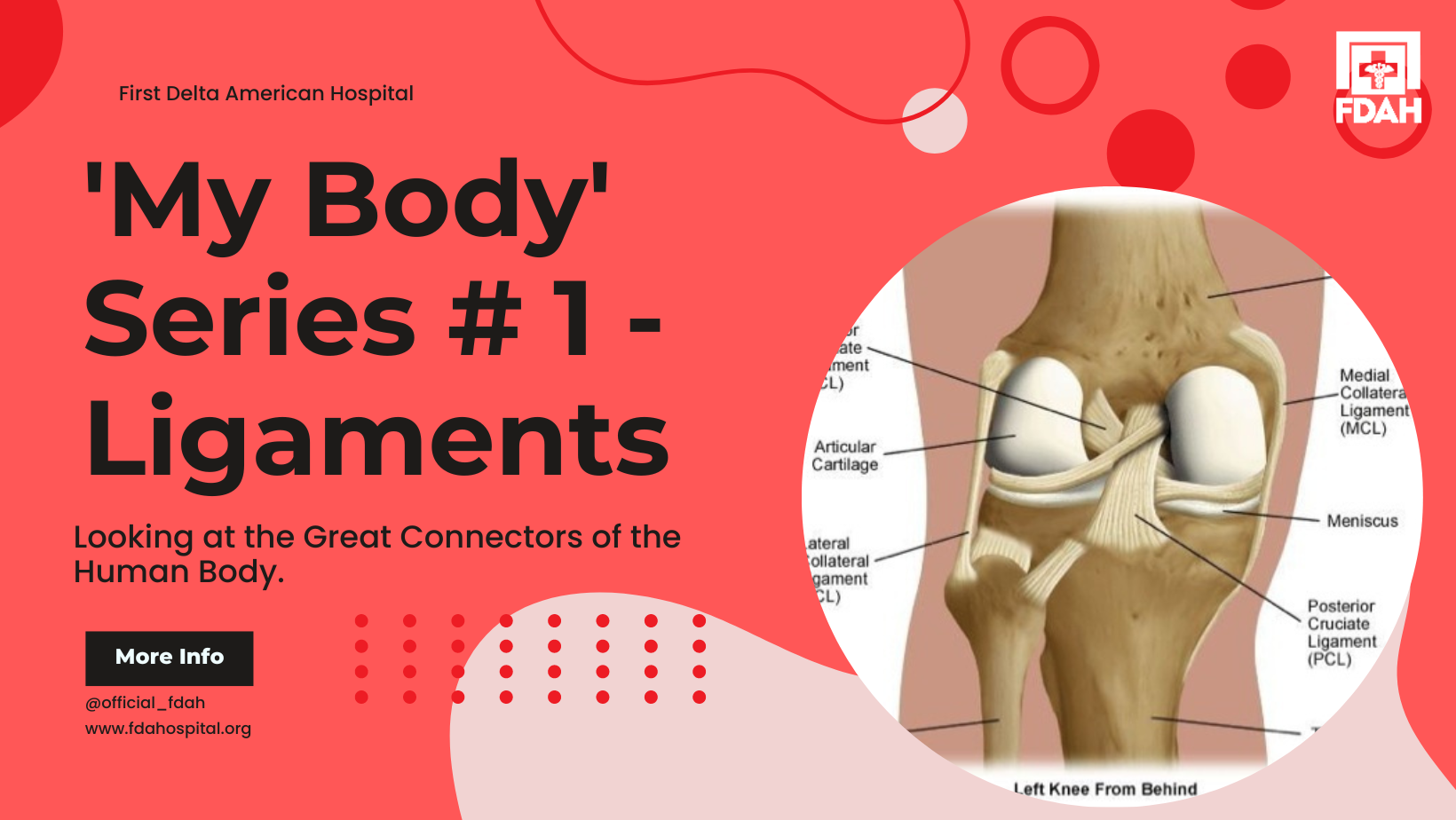The Silent Struggle of Parkinson’s in Nigeria
Did you know that over 10 million people worldwide live with Parkinson’s disease, yet fewer than 20% of Nigerians with the condition receive timely diagnosis or care? As the globe marks World Parkinson’s Day on April 11, 2025, this year’s theme, “United for Better Outcomes,” calls for collaborative action to address gaps in awareness, treatment, and research. In Nigeria, where stigma and limited healthcare access compound the challenges of this neurodegenerative disorder, the day serves as a rallying cry for equity and hope.
The History and Goals of World Parkinson’s Day
Established in 1997 to commemorate Dr. James Parkinson’s birthday, World Parkinson’s Day amplifies advocacy for those affected by the disease. The 2025 campaign focuses on:
- Early Diagnosis: Reducing delays in identifying symptoms like tremors, stiffness, and balance issues.
- Access to Care: Expanding affordable therapies and specialist training in low-resource settings.
- Research Funding: Accelerating studies on genetic and environmental triggers.
- Stigma Reduction: Educating communities to dismantle myths about Parkinson’s as a “curse” or “elderly-only” condition.
Nigeria’s Parkinson’s Landscape: Challenges and Realities
1. Diagnostic and Treatment Gaps
- Specialist Shortages: Nigeria has fewer than 50 neurologists for its 218 million people, with most concentrated in urban centers.
- Cost Barriers: Levodopa (the primary Parkinson’s medication) costs up to ₦15,000 monthly—unaffordable for many.
- Cultural Myths: Symptoms are often misattributed to witchcraft, delaying medical intervention.
2. The Mental Health Toll
- Depression and Anxiety: 60% of Parkinson’s patients develop mental health conditions due to social isolation.
- Caregiver Burnout: Family members lack training and support to manage progressive symptoms.
4 Actionable Steps to Drive Change
1. Advocate for Policy Reform
- Demand that Nigeria’s National Health Insurance Authority (NHIA) include Parkinson’s medications and therapies in coverage.
- Push for neurology residency programs to address workforce shortages.
2. Support Local Organizations
- Partner with NGOs like Parkinson’s Africa to fund free clinics and caregiver training.
- Donate to telemedicine platforms connecting rural patients with specialists.
3. Educate Communities
- Host workshops in schools and churches to debunk myths (e.g., “Parkinson’s is contagious”).
- Share infographics on social media highlighting early symptoms using #SpotTheSignsNG.
4. Prioritize Holistic Care
- Exercise: Tai Chi and yoga improve mobility and reduce falls.
- Nutrition: Antioxidant-rich diets (e.g., leafy greens, berries) may slow progression.
- Mental Health: Join support groups like Nigeria Parkinson’s Warriors for peer counseling.
Myth vs. Fact: Dismantling Misconceptions
- Myth: “Only the elderly get Parkinson’s.”
Fact: 10% of patients are diagnosed under age 50. - Myth: “Parkinson’s is a death sentence.”
Fact: With proper care, many live full, productive lives for decades. - Myth: “Herbal remedies can cure Parkinson’s.”
Fact: No cure exists, but medications like levodopa effectively manage symptoms.
Global and Local Partnerships
- WHO’s Global Action Plan: Integrates Parkinson’s care into universal health coverage targets.
- Local Innovations: Apps like NeuroCareNG offer symptom-tracking tools and virtual consultations.
Conclusion: Join the Movement for Better Outcomes
Parkinson’s is more than a disease—it’s a test of our collective humanity. This World Parkinson’s Day, pledge to:
✅ Share this article to combat stigma.
✅ Donate to organizations funding Nigerian research.
✅ Advocate for inclusive health policies.
#UnitedForParkinsons #EndParkinsons #NigerianHealthcare #NeurologicalHealth #ParkinsonsAwareness2025




